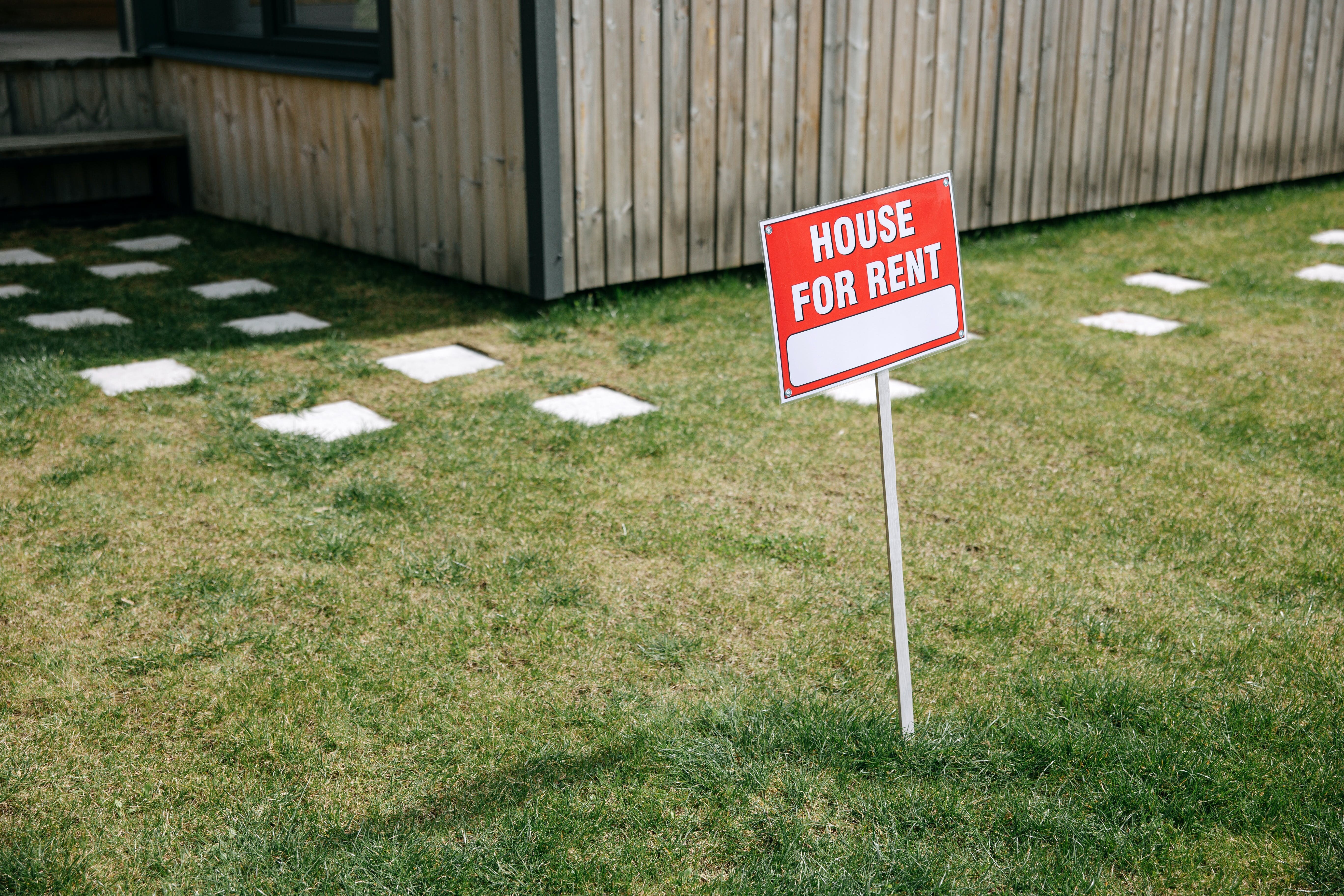As a homeowner, when selling a house, we know you want to get the best amount possible. Any seller’s goal is to close on their home with the best selling price possible. But how much a seller can sell their house for is determined by many factors, so working with an experienced professional can be worth it.
An experienced professional can ensure that you get the best amount for your home. As you continue reading below, we’ll break down what you need to go through when asking how much can I sell my house for.
Listing vs. Selling My House
When we talk about a home’s listing price, you may have also heard it referred to as the asking price. A selling price is the agreement that the buyer and seller agree to when selling a home. There are various differences when it comes to listing a home vs. selling a home.
When listing a home in a buyer’s market, it’s most likely that the buyer will place their bid below the asking price. Listen to us when we say the longer a home remains on the market, the harder it can be to sell. But if it’s a competitive market, a buyer interested in a home can make an offer over the listing price.
When this occurs, there’s a chance you could end up in a bidding war with a home selling for over the listing price.
Competitive Bidding Wars
When we discuss competition bidding wars, these are most likely to occur when there’s a competitive market. When a home receives multiple bids the question of selling my house, will feel like a relief after you receive multiple bids from buyers trying to win over other bids. To encourage a bidding war when selling a home, the seller can make it more appealing by staging, cleaning, and hiring a real estate agent.
When listing a home in a competitive market and starting a bidding war with success, your home’s selling price might be higher than the listing price. We’d also say it’s possible to receive some cash bids.
Cutting the Price
In a slow market or if a home isn’t receiving bids, we suggest cutting the listing price. If you are working with a real estate agent, they’ll know when the best time is to drop the price. After a specific amount of time, if you still haven’t received any bids, you might need to drop the price once again.
We must mention that having a lower listing price with a home that’s been on the market for a long time, a buyer could make an even lower bid. This could decrease the selling price from what you originally had when set selling my house.
Determine the Listing Price For Your Home
When determining the listing price of a home, there are various factors that are considered. When selling a home, you can balance these factors to receive the most money for your house. Here are some factors to consider when selling a home.
Monitor the Market Value
When determining how much you can sell your house for, you’ll need to monitor the market value. There are many resources available online where you can monitor the market value and have access to a property report.
To receive a property report, you can enter your home address to get an estimate and just how much your house is worth, how fast it can sell, and your area’s market conditions. You’ll also be able to view how much other homes in your area have sold for.
Market Analysis
A market analysis is vital to having a home accurately priced, so you should have a properly prepared market analysis to look at similar houses that sold in your area. There are various factors that will be taken into consideration against your home, which include upgrades, condition, local listings, square footage, and location.
To keep away from low offers, we recommend using a price banding. A price banding sets a limit on what kind of bids you’ll attract. Setting a floor will weed out the non-serious buyers.
Use Round Figures
Buyers find century figures more appealing than odd amounts, so rounding up the amount to any easy-to-read price can help you attract more bids for your home. Even if the amounts are higher, buyers like century figures more.
Price Brackets
When selling your house, view the price brackets in searches online. When searching for homes, many buyers already have a price range in mind to narrow their searches. For example, if a buyer is looking at a home around $200,000 – $300,000, a home priced at $301,000 won’t be included in the online search results.
It’s essential to remember that people looking for houses in price brackets and listing your home lower or too high can prevent your home from popping up in the search.
Check Market Conditions
Before listing your house on the market, you should check your area’s market conditions. When listing your home, you should consider the current season, area competition, and a buyers or sellers market.
- Current season – While there will always be ups and downs in the housing market, the time of year you list your house is always one thing to consider. For many, spring and summer are the busiest times for the housing market, so if you can control when you’re selling your house, listing your home during a hot market might get you a higher offer.
- Area competition – Look around your area and check out the competition. How does your home compare, and are there any home improvements that will make it stand out from the rest?
- Buyers or sellers market – Sometimes, the housing market goes through phases where it will only favor the buyer or seller at one time. In a buyer’s market, there are many homes for the buyer to choose from below the listing price. In a seller’s market, you’ll have the opposite, where there’s a high demand for homes but not a plentiful supply.
Margin Calculations
When determining a listing price for a home, seller costs must be taken into account, including other factors when pricing a home. Factors to consider when pricing a home are fees from real estate agents, prep and staging, repairs or seller concessions, costs of moving, closing costs, and mortgage payoffs.
The most crucial margin calculation to factor in is the mortgage payoff, where you need to pay off the remaining amount of your mortgage. When selling a home for less than what you owe, the remainder must be paid off.
How Much Can I Sell My House For to Break Even?
In order to break even when selling your home, the best way to calculate it is to subtract your home’s market value from the amount owed. Other things to take into consideration are commission fees and sale taxes, among other factors. Here’s how to determine how much you can sell your house for to break even.
Estimate Your Home’s Value
Using an estimate, you can determine the value of your home based on recent sales in your area. When getting an assessment for your home, a real estate agent can take a look at your home in person and give recommendations regarding price. We recommend consulting a professional in your area to receive a consultation.
Using an online estimation calculator can help estimate how much you can make on your home based on what remains on your mortgage and if there are any taxes and fees left to pay. To get an estimation, enter your location, price, and what’s left on your mortgage. If the estimations are negative, then you haven’t made it to your break-even point.
Time it Takes to Break Even
To break even on a home it can take anywhere from 5 to 7 years to make it to the break-even point before you’re able to sell the home, considering purchasing costs. However, if your home is in a neighborhood with low market value or you have a home equity loan, you might end up owing more than the worth of your home.
Sell My House: Finalizing Your Price
As we’ve discussed, there are many factors to determining how much you can sell your house for. With plenty of research and the help of InsightfulREI, the process is more straightforward. Take the stress out of listing your home and determine the best listing price for your home.
How Much Can I Sell My House For?: FAQ
1. What is the most profitable way to sell my house?
The most profitable way to sell your house is to up your curb appeal, use professional photos, stage your home, and set an asking price.
2. What makes a house more challenging to sell?
A home that is not staged and cluttered will make the home more challenging to sell, so sellers should ensure their home is appealing to buyers.
3. What adds the most resale value to a house?
To add more resale value to a home, you should enhance your bathrooms, improve your energy efficiency, or make any luxury upgrades when possible.


